
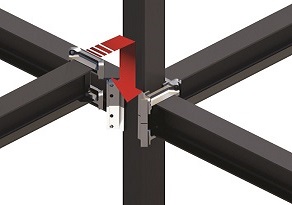
Regarded as the first commercial building in the MENA region to utilize this innovation, SPARK’s administration building was designed and built using Conxtech structural steel technology. This new method of precision steel engineering enables rapid erection of structures, cutting down the time required to achieve the same product by 60%, which has allowed the erection of 400 tons of structural steel within 2 weeks, as opposed to six weeks with conventional methods. This highly precise technology not only impacts engineering and constructions, but also results in less steel wastage during fabrication and less of a hazard due to the elimination of welding.
Innovative modular construction disrupts the building industry faster, better, safer.
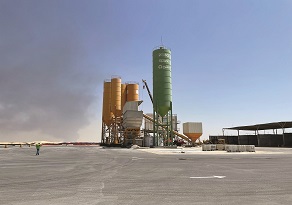
The green concrete mix substitutes 15% of the cement with natural stone powder in which we achieved the same results in strength, while cutting down the required water to create the mix, cutting down the carbon emissions that arise from the chemical reactions of mixing concrete, and reducing the strain on the environment by reusing abundant refuse. This method was pioneered by King Fahad University for Petroleum and Minerals (KFUPM) and piloted successfully at SPARK.
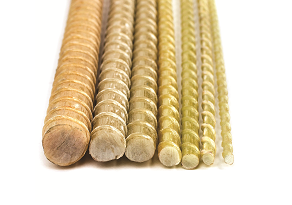
By substituting conventional steel reinforcement in the concrete of the AlQurayyah bridge deck, with Glass Fiber Reinforced Polymer (GFRP), SPARK has been able to reduce the weight of the structure by 74% – the equivalent of 4 large school buses. GFRP rebar is virtually corrosion-free, and thus is a viable alternative for epoxy-coated steel rebar.
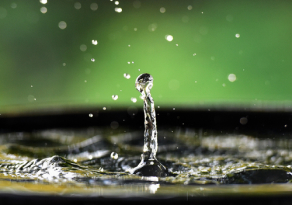
By imitating and complementing the natural topography surrounding SPARK, the stormwater drainage system in the city has been designed to ultimately pour into a natural basin located on the edge of SPARK's grounds. The valley’s basin has undergone extensive reinforcement to compensate for the expected overflow from the city, requiring 356,025 m sq. of crushed stone and geotextile membrane – an equivalent area to 50 premier league football pitches.
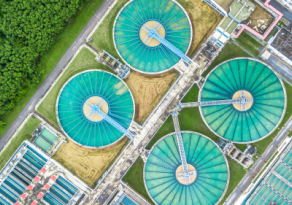
To conserve water consumption and reuse this precious resource, the entirety of SPARK’s effluent is reused after being treated and dosed with fertilizing agents, as irrigation water for the 858,000 m sq. of landscapes, on SPARK’s grounds.
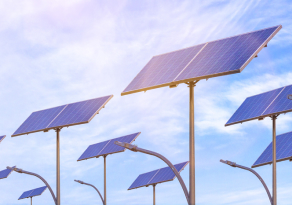
Lining the streets of SPARK are 1,870 solar streetlights. The streetlights are powered by vertical photovoltaic cells and lithium-ion batteries to store the energy harvested during daylight.
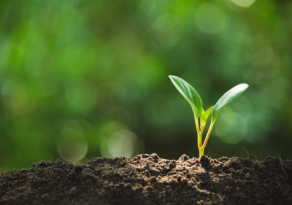
Destined to adorn the landscapes of SPARK are thousands of trees, shrubs, succulents, and a variety of grass – all of which are locally sourced and grown. A large portion of the trees are native, drought-resistant, desert strains. The localization of vegetation and softscapes across SPARK is in line with the Kingdom’s Vision 2030, to add as much green coverage as possible, fighting desertification and sequestering carbon from the atmosphere.
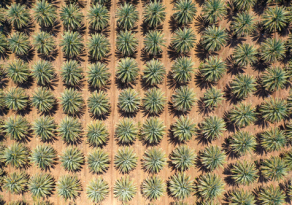
As one of the first trials in the Kingdom, SPARK is studying the application of a soil enrichment method, referred to as Liquid Nano Clay (LNC). LNC is an organic mixture, which when sprayed on even the most arid of soils, traps moisture and essential nutrients, allowing access for vegetation to the much-needed resources that are often completely diminished in such soil media.
